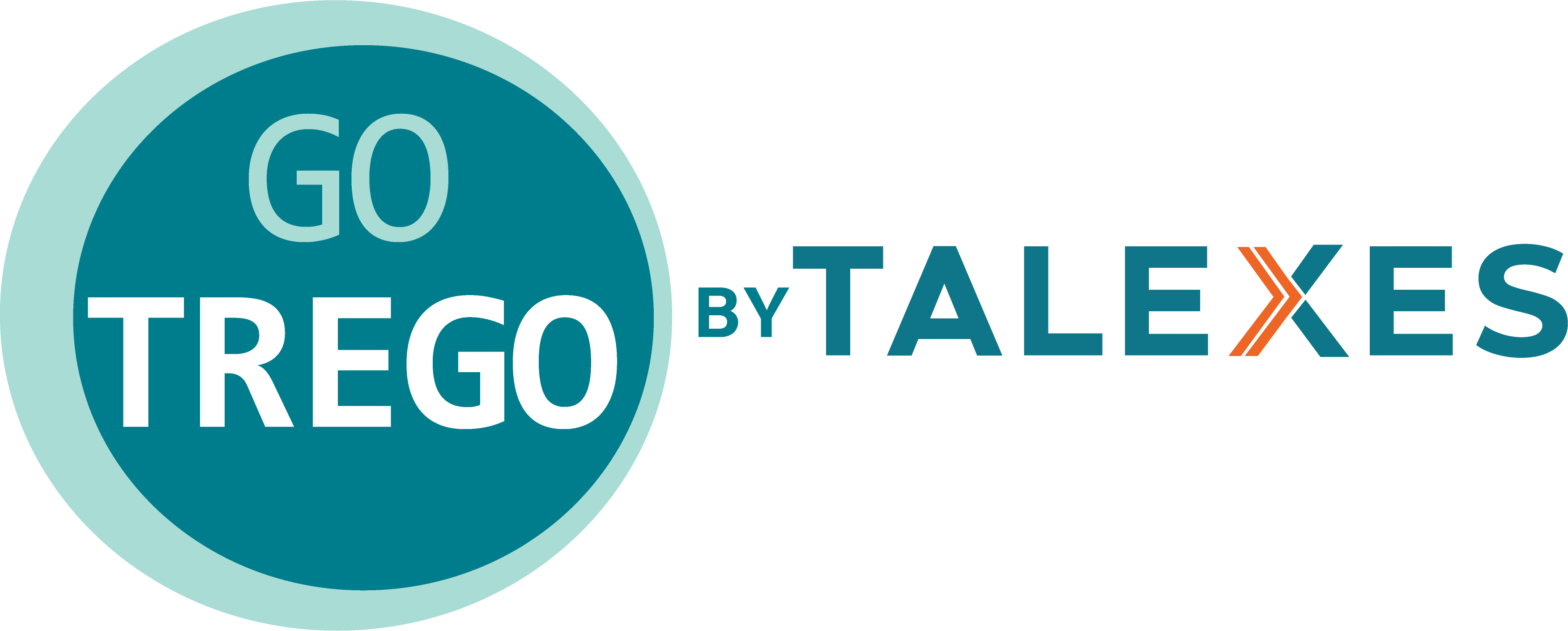As the auto industry accelerates toward a future defined by electrification, automation, and evolving consumer expectations, companies must embrace continuous improvement to stay ahead. Success in this fast-changing landscape depends not only on cutting-edge technology but also on the development and alignment of a skilled workforce. Employee development, driven by thoughtful assessments, is the key to fostering innovation, adaptability, and long-term success.
To build a culture of continuous growth in 2025, auto industry leaders should implement assessment-driven strategies that enhance employee capabilities and optimize organizational performance. Here’s how:
- Establish a Culture of Constructive Feedback
Regular feedback is essential for refining skills and aligning individual growth with company goals. Implementing structured assessments—such as performance evaluations, peer reviews, and real-time feedback tools—ensures that employees understand their strengths and areas for improvement. In an industry driven by precision and efficiency, frequent feedback loops help teams continuously enhance performance.
- Set Industry-Specific Development Goals
To remain competitive, automotive companies must align employee goals with industry advancements. SMART (Specific, Measurable, Achievable, Relevant, and Time-bound) goals tied to assessments help employees track their progress while contributing to business objectives. Whether it’s mastering AI-driven vehicle diagnostics or advancing sustainability initiatives, structured development plans ensure that employees’ skills evolve with industry demands.
- Encourage Self-Assessment and Career Ownership
Empowering employees to take charge of their own growth fosters engagement and accountability. Self-assessments, career development plans, and skill-tracking tools allow workers to evaluate their performance and set personalized improvement goals. This approach ensures that employees are proactive about their development while aligning their ambitions with the company’s mission.
- Identify and Address Skill Gaps
With rapid technological shifts in the auto industry, workforce upskilling is critical. Regular talent assessments and skills gap analyses help pinpoint areas where employees need additional training—whether in advanced manufacturing techniques, electric vehicle software, or supply chain optimization. Addressing these gaps through targeted training ensures the workforce remains future-ready.
- Strengthen Team Collaboration and Efficiency
Seamless teamwork is essential in the highly interconnected automotive sector. Team-based assessments, personality evaluations, and collaboration surveys can improve synergy by identifying strengths and weaknesses within departments. A well-aligned team can execute complex projects—such as integrating new vehicle technologies or optimizing production lines—with greater efficiency.
- Monitor Employee Engagement and Workplace Well-Being
Engaged employees drive productivity, quality, and innovation. Using assessments such as employee satisfaction surveys, wellness check-ins, and engagement analytics helps leaders identify factors that influence motivation and retention. Addressing workforce concerns proactively fosters a supportive work environment that attracts and retains top talent in a competitive industry.
- Leverage Technology for Smarter Workforce Assessments
The automotive industry is embracing digital transformation, and workforce development should follow suit. AI-driven assessment platforms, predictive analytics, and HR software provide data-driven insights into employee performance, training needs, and engagement trends. Implementing these technologies enables leadership to make informed decisions that enhance workforce productivity.
- Promote a Growth-Oriented Mindset
To thrive in an evolving market, auto industry professionals must embrace lifelong learning. Assessments that measure adaptability, problem-solving skills, and innovation potential can help organizations cultivate a growth mindset among employees. Recognizing and rewarding employees for learning new skills—whether through formal training or hands-on experience—encourages continuous improvement.
- Regularly Evaluate and Refine Business Processes
Just as vehicle designs evolve, so too must business operations. Ongoing assessments of workplace efficiency, production workflows, and customer service effectiveness help organizations identify areas for refinement. Process audits and operational assessments ensure that companies remain agile and responsive to industry shifts.
Conclusion
In the fast-moving auto industry, assessments are more than just performance measurement tools—they are catalysts for continuous improvement and long-term success. By leveraging structured feedback, identifying skill gaps, embracing technology, and fostering a culture of learning, automotive companies can ensure their workforce is equipped for the challenges of tomorrow.
As 2025 approaches, organizations that prioritize assessment-driven employee development will be best positioned to drive innovation, efficiency, and industry leadership. By making assessments a central part of their workforce strategy, auto companies can accelerate toward a future of excellence and adaptability.





